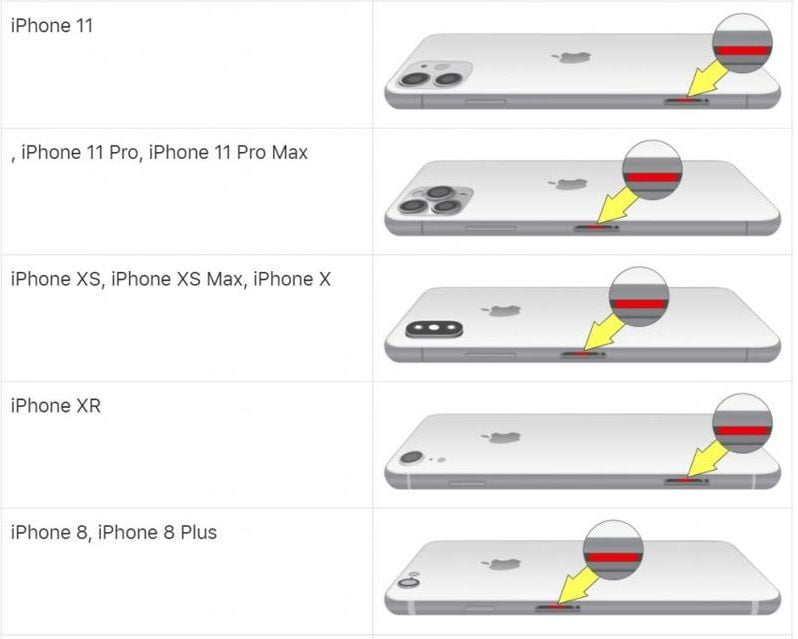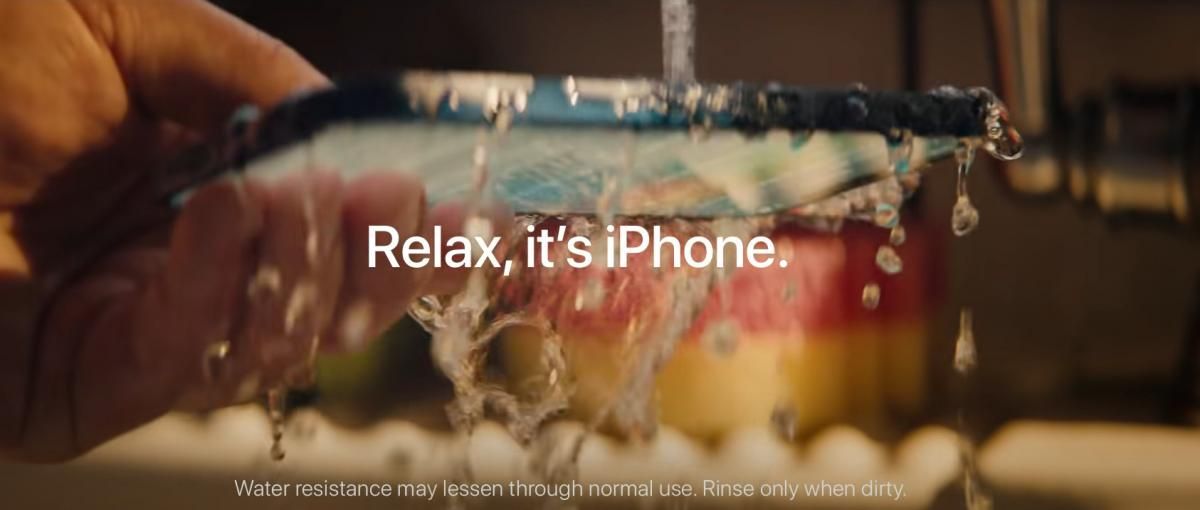Apple is facing a class-action lawsuit in New York for misleading advertising in which the company claims that its iPhones are water-resistant.
Most cell phone manufacturers claim that their handsets have some resistance to liquids, mainly water. Apple is one of them, its latest models boast in several advertisements to have an IP68 certification, a high resistance to water and dust. However, the experience of some users is far from what is shown in advertising.
The technology company is facing a class-action lawsuit in New York. Several users claim that the company misrepresents or exaggerates the quality of its phones in marketing campaigns, misleading its customers who have been left without a phone and warranty.
Antoinette Smith, a citizen of the Bronx, is one of the plaintiffs. She claims that her iPhone 8 was in contact with water, within the parameters set by the manufacturer in terms of resistance and IP certification, but when Smith tried to fix her iPhone 8, the company refused to cover the damage caused by that liquid.
The iPhone 8, in particular, offers IP67 certification, i.e. maximum water resistance to a depth of 1 meter for up to 30 minutes. The iPhone 12, meanwhile, reaches IP68 certification being resistant to 6 meters deep for 30 minutes. We have recently seen how Apple boasted about all the shocks and stains that can withstand their phones in this announcement.
However, to reach this certification in laboratory tests, as denounced in the lawsuit, only tests are performed with static and pure water, seawater, pool water, or other liquids that are more corrosive are not taken into account. “This means that consumers who are at the edge of a pool or the ocean and whose devices are splashed or temporarily submerged will be denied coverage because the water contained chlorine or salt,” the lawsuit reads.

Also, Apple sells its phones with an internal water indicator, like many other manufacturers. This means that when the iPhone is opened at the service center, the indicator reveals that the phone has been in contact with water or a liquid that has gotten inside the device. In locations with high humidity in the environment, such as a bathroom, this indicator can activate, leaving us without a warranty.
Smith, one of the plaintiffs, assures that she would buy an iPhone again as long as the exaggerations are eliminated and the conditions of resistance of the phone are indicated in the advertising. In November 2020, the Italian market regulator, L’Autorità Garante Della Concorrenza e del Mercato (AGCM) fined Apple 10 million euros for misleading advertising about the iPhone’s water resistance.





